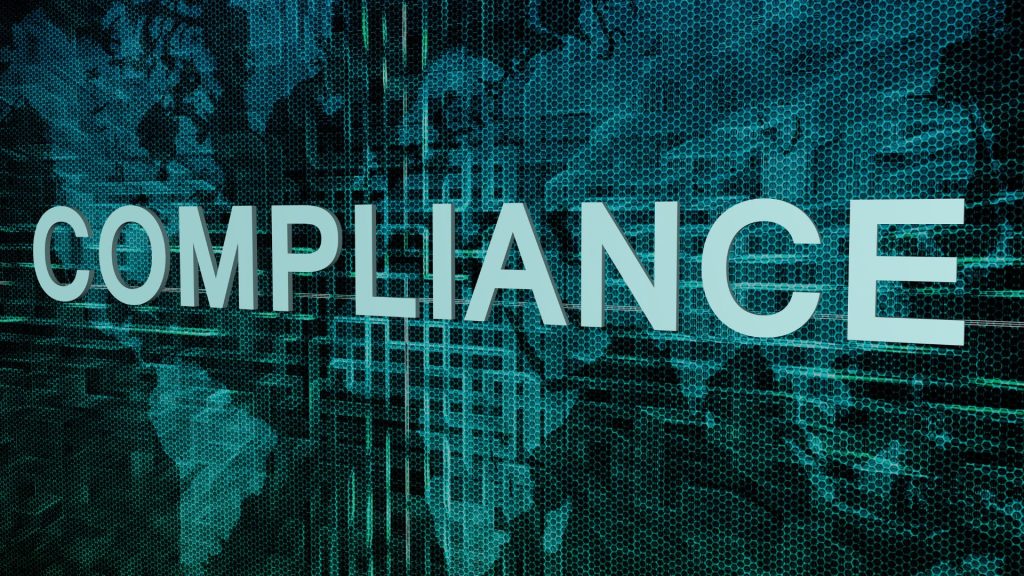A healthy organization’s foundation is built on good compliance and corporate governance. Corporate governance refers to the principles that guide action, whereas corporate compliance refers to the set of practical actions that must be taken in order to participate in the business environment. This entails ensuring that business practices are in line with government mandates, which frequently necessitates consulting with outside specialists.
When the business is started, it strives to achieve profits and minimizes costs, which is in line with the nature of business, but it needs to be reassessed.

Compliance and Corporate Governance
The corporate world believed that the interests of company leaders took precedence over the interests of employees and customers. The researchers and political forces began to discuss exactly how to do business and for whom this business should be run. Particular attention needs to be paid to businesses in the public sector.
Corporate governance arose because of public dissatisfaction with how businesses were run, which led to an unprotected work environment, an imbalanced financial system, and a disregard for the majority’s interests. However, one of the leading forces that degenerated the need for corporate governance was the style of governance that led to financial crises. The economic crisis, the bankruptcy of Enron, and the collapse of 2008 showed that the lack of internal control, non-transparency of the state of affairs in the company, and the weak role of auditors were too expensive.
To overcome the consequences, organizations started developing tools to strengthen internal control systems, corporate governance, risk management, and regulatory compliance.
Regulatory compliance is part of corporate governance, and its main role is to direct efforts to ensure that employees and stakeholders do not violate the rules and regulations. Compliance protects the company from government interference.
From a general point of view, the compliance function is assigned by the management board, whose obligation includes protecting against illegal activities. It also includes substantive regulatory statutes, guidance from administrative agencies, codes of conduct, corporate rules, and other governing norms. Corporate compliance extends when the law does not contain a legally meaningful definition of compliance.

The Interrelation Between Governance and Compliance
The interrelation between governance and compliance is obvious. For example, if a governmental body obliges the company to have a compliance unit, division, department, or, at least, a qualified compliance officer responsible for compliance with statutory corporate governance provisions. In that case, questions arise regarding the practical and legal relationship between a compliance department or compliance officer and the two company boards, namely the management board and the supervisory board.
Suppose a consensus classifies the duty to comply with statutory provisions as a management task which means the compliance function needs to be under the control of the management because managing business is the primary responsibility of the management. The compliance officer must have an independent position in the compliance department as an integral part. A question of balance between independence and subordination of compliance function arises.
For example, in German Company Law, the management of a public limited company has a duty of legality insofar as it must comply with the applicable law. This duty covers compliance with the law and the articles of incorporation by the management. It also includes a responsibility to manage the company so that statutory provisions compliance and the articles of incorporation are secured.
Compliance is an indispensable part of management. Therefore, it is more relevant to understand it as a duty to monitor legality. If the primary function of compliance is one of ‘control’ over compliance issues, then it raises questions regarding the task of control by the board. It immediately raises the question of the company’s internal control structure.
Final Thoughts
In conclusion, the best approach is understanding governance as a part of management’s control function. So, corporate governance is essential to compliance, ensuring the suitable culture, standards, and customer outcomes are delivered, and to regulators concerned with the practical and consistent delivery of regulatory objectives.
Consumers might develop an interest in a company’s governance while deciding whether to undertake business or purchase its services. Similarly, a potential buyer may undertake due diligence on governance as an indicator of prospects. Investors of all kinds may take all corporate governance measures as a proxy for evaluating a potential investment’s more comprehensive health and sustainability.









